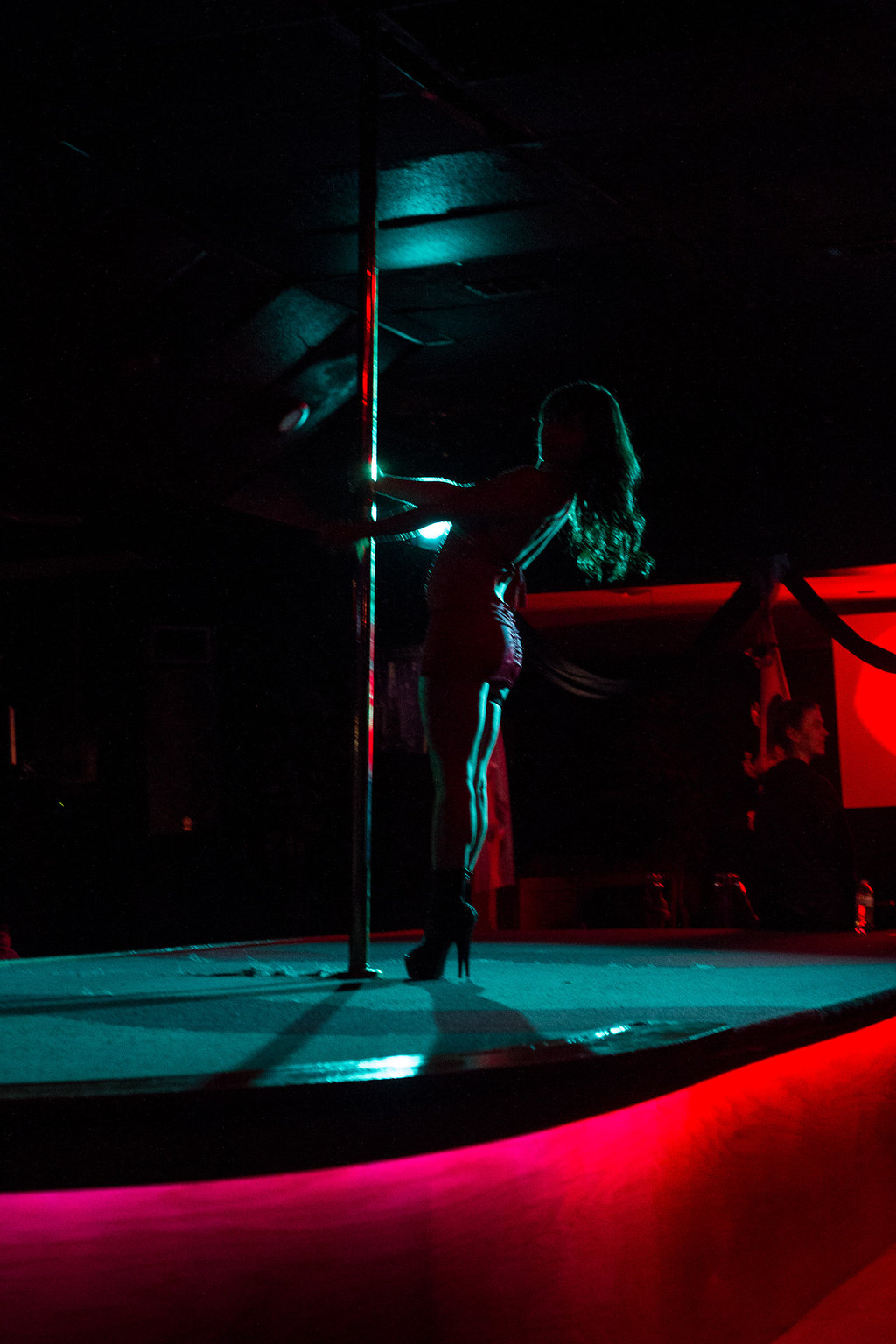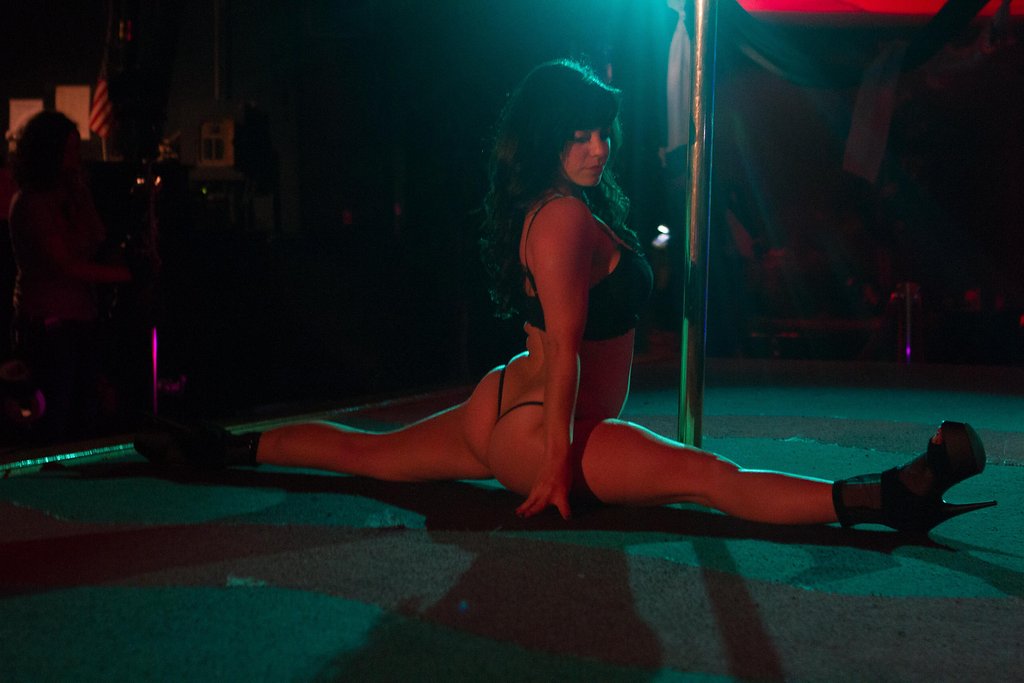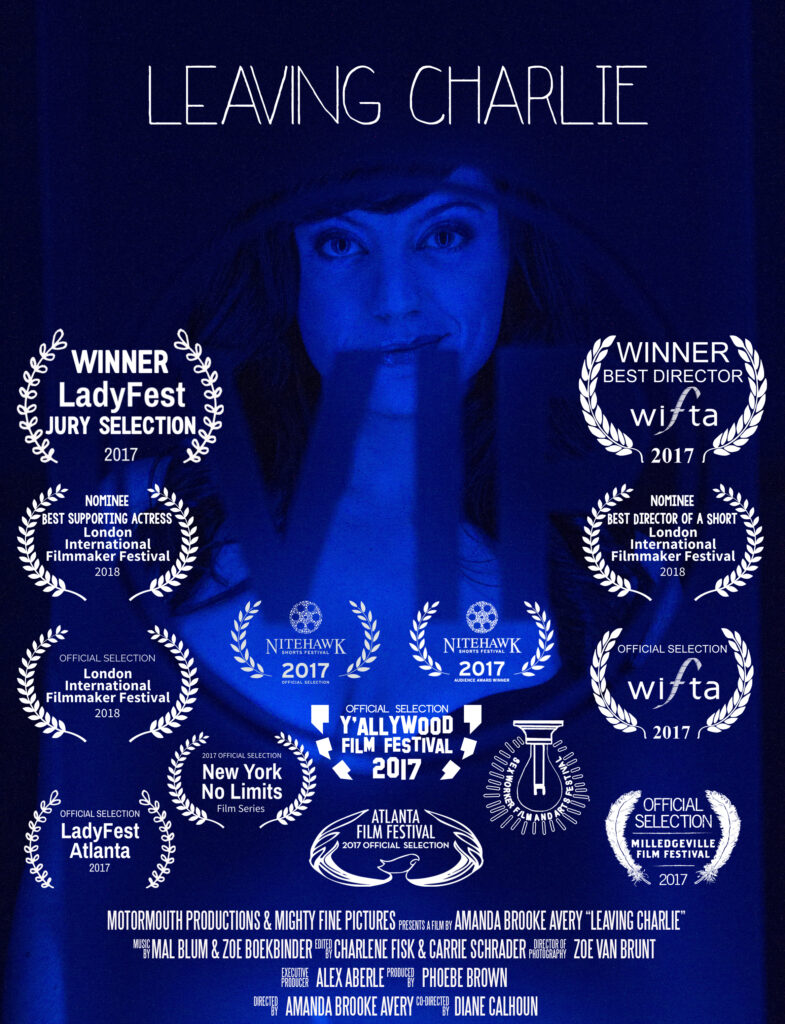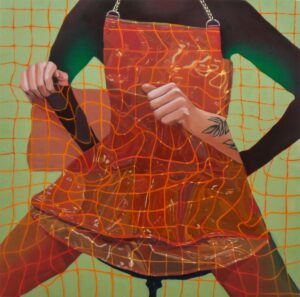Filmmaker Andi Avery wants to confess a terrible secret. “I don’t really like watching movies,” they say when asked to share a favorite. “Living with depression and ADD means that feature-length films are often difficult for me to get through. That said, any film or book that’s a personal story is usually a winner for me.”
Andi’s own story unfolds on screen in the semi-autobiographical short Leaving Charlie (2017), an intimate film that follows queer sex worker Charlie (played by Andi) as she struggles to reassert her boundaries after a client gets too close. “My art really focuses on telling stories about the parts of myself that aren’t understood in society,” Andi tells NOT REAL ART. “Queerness, sex work, chronic illness—it’s all up for grabs. The most important things to me in art-making are truth and radical tenderness.”
Now working predominantly in film and photography, Andi spent the first decade of their adult life bouncing between professions, eventually settling into sex work as a viable career. “I really wanted to share my story because of how much stigma exists around sex work,” they say, denouncing the media’s role in the negative public perception surrounding various forms of erotic labor, including stripping, web-camming, and pornography. “I had a great experience with sex work,” Andi says, explaining that their biggest professional hurdle arrived as they wrote the screenplay for Leaving Charlie. “I’m on the phone with my octogenarian grandmother, telling her that I’ve been a stripper for the last decade. I have to tell her because I’m about to make my first film. I’m about to tell my family, my friends, and the internet.”
There were surprises, some good, some bad. Their grandmother accepted the news with cool-headed aplomb, but surviving the press junkets during the film’s festival run was another story. “Many of the interview questions I was asked were incredibly shortsighted,” Andi says, recalling their experience with the press as an “excellent example” of widespread cultural illiteracy surrounding sex work. Produced with a crew of 40 women and nonbinary individuals, Leaving Charlie paints its titular protagonist as complicated, flawed, and funny (“I told him Charlie was short for Charlotte,” she deadpans as her oblivious client exits the strip club after groping her). Above everything, Leaving Charlie sees sex workers as human, deserving of the same basic rights and respect as anyone else.
“[Sex work] allowed me to travel, to learn, to survive as an artist,” says Andi, who thrives on the radical autonomy their personal choices allow them. “Was every day great and empowering? Of course not. But largely it was a very liberating career move.”
Scroll through to see video stills from Leaving Charlie, then follow Andi Avery on Instagram or visit her website here.
“My art really focuses on telling stories about the parts of myself that aren’t understood in society. Queerness, sex work, chronic illness—it’s all up for grabs." — Andi Avery










